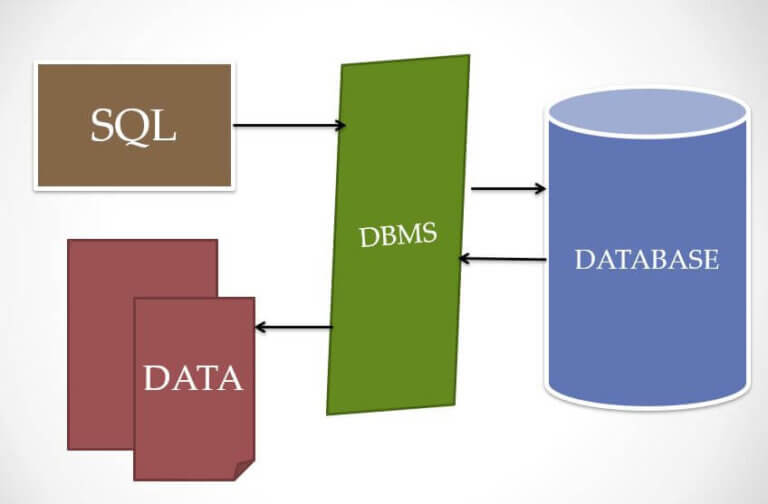SQL Testing
DataBase
DBMS Vs RDBMS
SQL Tutorials
SQL DataTypes
SQL Operators
SQL Statements
DDL (Data Definition Language)
SQL-Create Table
SQL-Alter Table
SQL-Drop Table
SQL-Truncate Table
DML (Data Manipulation Language)
SQL-Select Statement
SQL-Insert Statement
SQL-Update Statement
SQL-Delete Statement
SQL Constraints
SQL-Not Null Constraint
SQL-Unique Constraint
SQL-Primary Key Constraint
SQL-Foreign Key Constraint
SQL-Check Constraint
SQL Special Operators
SQL-IN Operator
SQL-LIKE Operator
SQL-BETWEEN Operator
SQL Sorting (Order By)
SQL Group By
SQL Aggregate Function
SQL Having
SQL Joins
SQL-Cross Join
SQL-Inner Join
SQL-Left Outer Join
SQL-RIGHT Outer Join
SQL-Self Join
SQL SubQueries
ISQL-Independent Sub Queries
SQL-Correlated Sub Queries
SQL Views
SQL Index
SQL Tutorial - Complete guide for Beginners
SQL tutorial covers all the basic concepts of SQL language.
SQL stands for Structured Query Language

- SQL was developed at IBM and it was initially called “Structured English Query Language” (SEQUEL) and It was pronounced as “sequel” .It was shortened to SQL – “Structured Query Language”
- It is Structured Query Language for storing, manipulating and retrieving data stored in relational database.
- SQL is the standard language for Relation Database System. All relational database management systems like “MySQL, MS Access, Oracle, postgres and SQL Server” use SQL as standard database language
- Major operations on a database are known as CRUD operations i.e., Create, Read, Update and Delete and are a widely used database in the technological world.
- Oracle SQL is a very powerful and diverse database language use to storing data into databases. SQL is loosely typed language so you can learn easily.
What This Tutorial Covers ?
SQL tutorial covers all the basic concepts of SQL language, for example creating database and tables, constraints, adding records to a table, selecting records from a table , updating and deleting records in a table, Different Joins , Indexes , Views etc.
Finally, you’ll come to know some advanced concepts, for example modifying the existing table structure, performing aggregations and grouping data together, creating views to simplify and secure table access, creating indexes for tables, handling dates and times, cloning of an existing table, as well as, concept of SQL subqueries and SQL injection.
Each topic is covered clearly and concisely with many practical examples so that you can both truly understand the concept and know how to apply it to solve the data problems more effectively.
Recommended Articles:
SQL Testing
DataBase
DBMS Vs RDBMS
SQL Tutorials
SQL DataTypes
SQL Operators
SQL Statements
DDL (Data Definition Language)
SQL-Create Table
SQL-Alter Table
SQL-Drop Table
SQL-Truncate Table
DML (Data Manipulation Language)
SQL-Select Statement
SQL-Insert Statement
SQL-Update Statement
SQL-Delete Statement
SQL Constraints
SQL-Not Null Constraint
SQL-Unique Constraint
SQL-Primary Key Constraint
SQL-Foreign Key Constraint
SQL-Check Constraint
SQL Special Operators
SQL-IN Operator
SQL-LIKE Operator
SQL-BETWEEN Operator
SQL Sorting (Order By)
SQL Group By
SQL Aggregate Function
SQL Having
SQL Joins
SQL-Cross Join
SQL-Inner Join
SQL-Left Outer Join
SQL-RIGHT Outer Join
SQL-Self Join
SQL SubQueries
ISQL-Independent Sub Queries
SQL-Correlated Sub Queries
SQL Views
SQL Index
